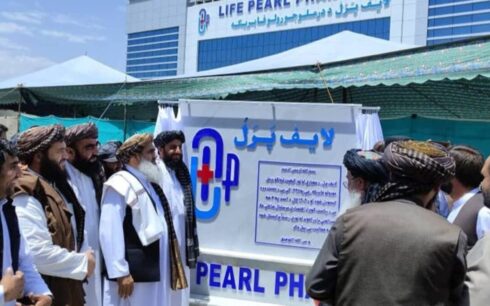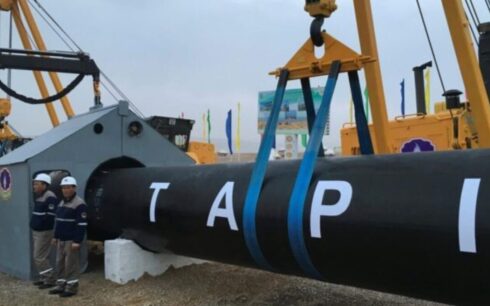The World Food Program (WFP) has pointed to the ongoing economic challenges and a deepening humanitarian crisis as key drivers of the increased need for food assistance in Afghanistan.
The organization has said that the return of over half a million Afghan refugees has exacerbated the country’s humanitarian situation.
The WFP noted a significant decline in employment opportunities for unskilled workers during the winter months. Inflation in Afghanistan, which spiked to 18% in 2021, saw a reduction in 2022, according to the agency.
With the arrival of Ramadan, the struggle intensifies. “It is Ramadan. There is no work. No one is helping us,” stated Abdulah, a Kabul resident. Abdul Rahman, another resident, echoed the sentiment, “I pay 3,000 AFN for house rent. It is Ramadan, and no one is helping us.”
The report by the WFP also highlighted that average labor income stands at around 2,600 AFN per month. However, laborers are voicing concerns over the scarcity of job opportunities, with some unable to find work even once a week.
“I don’t have any professions. I am working here. I have 7 children. It is the 7th of Ramadan, but I have only worked one day for 200 AFN so far,” shared Shoib, a Kabul resident. “Our family has nine members. It has been seven days that I am jobless. I have just earned between 100 to 150 AFN. I don’t know what will happen,” Aziz, another resident, revealed his plight.
A report from the United Nations Development Programme (UNDP), released in January 2024, found that only 7 out of 10 people can meet their basic needs, underscoring the dire economic conditions in Afghanistan.





